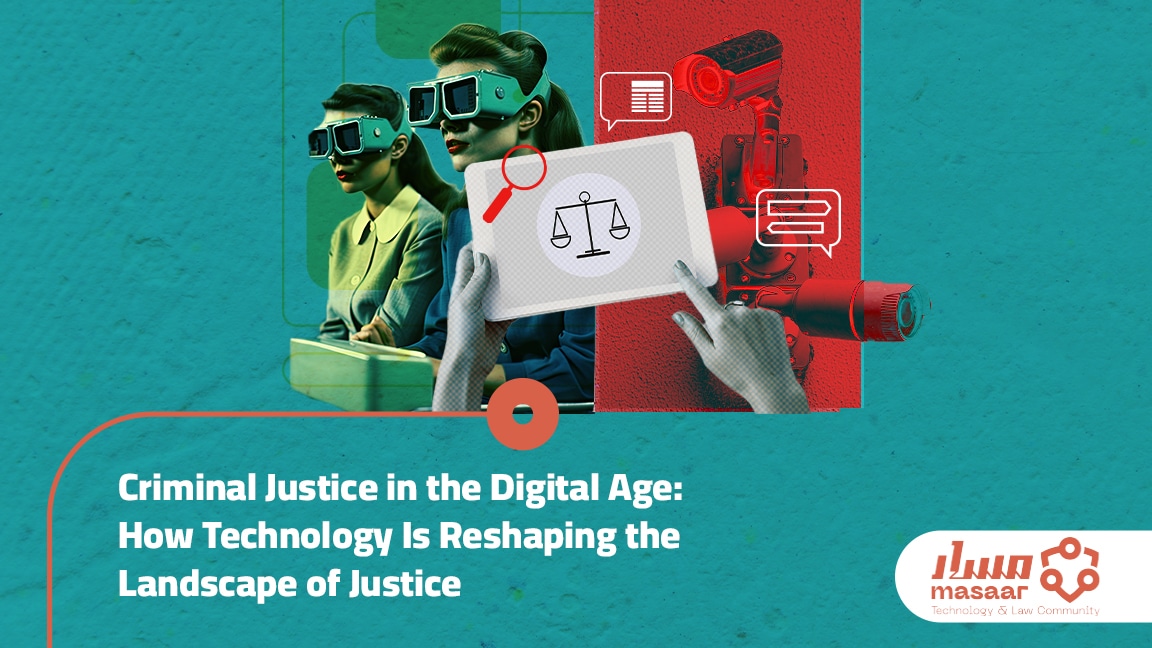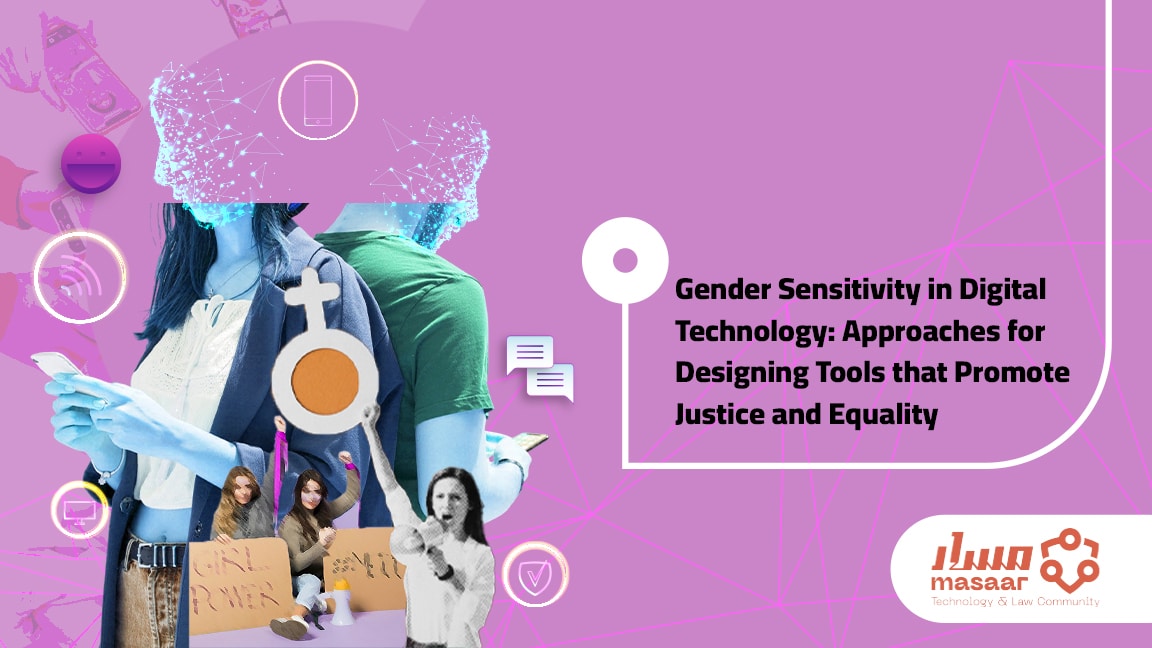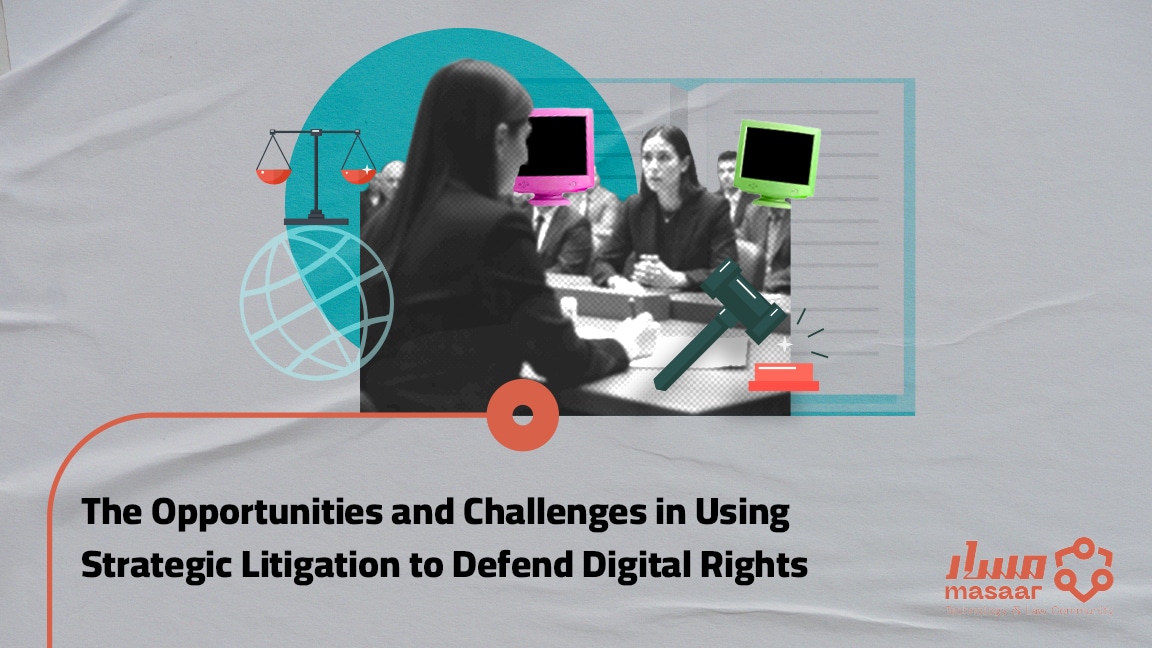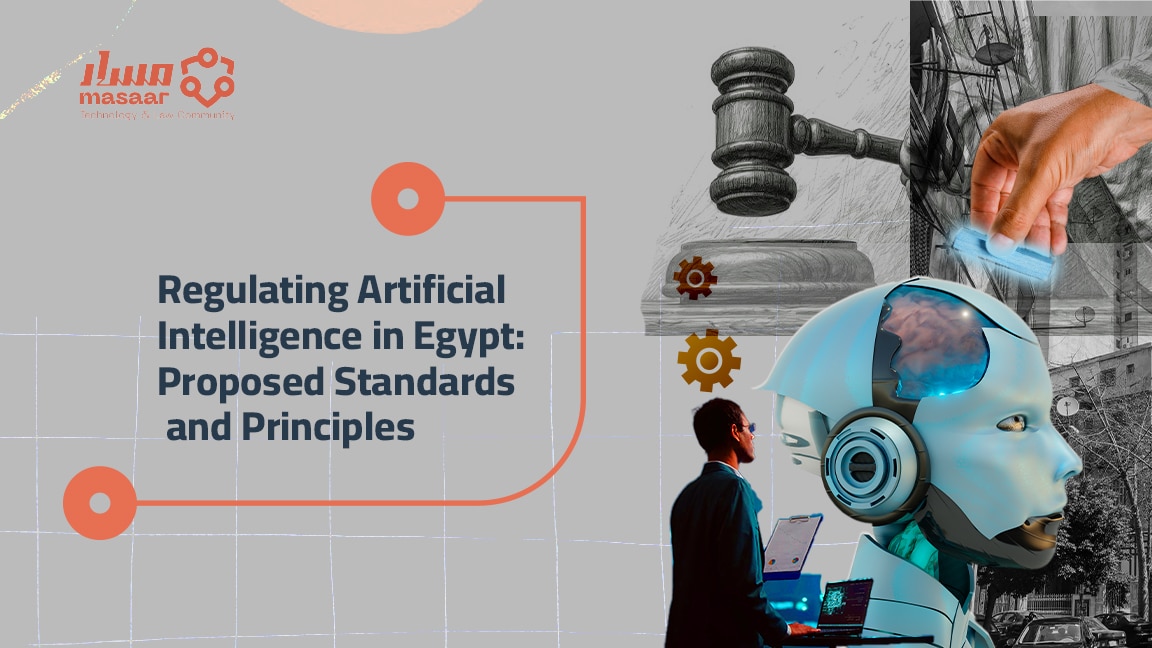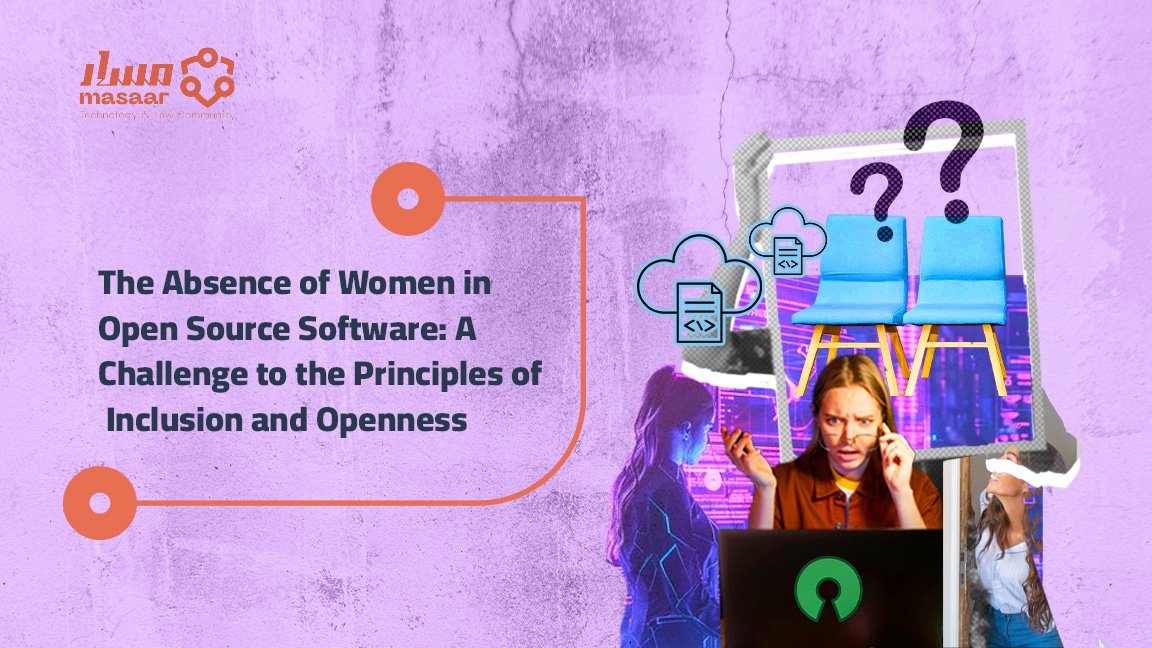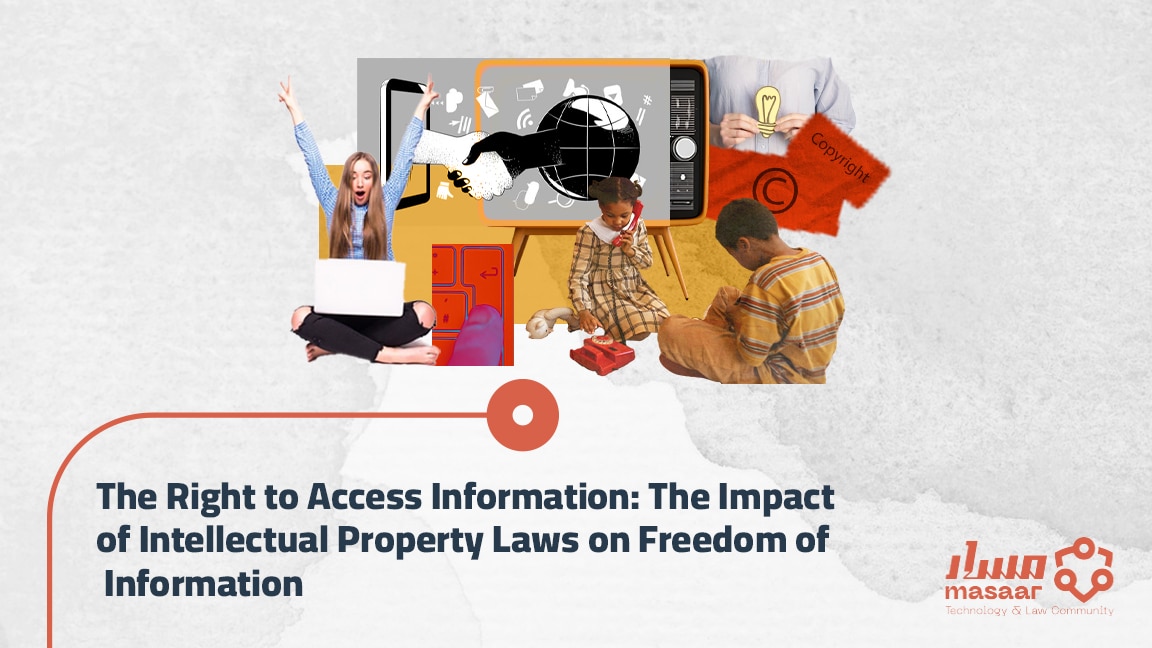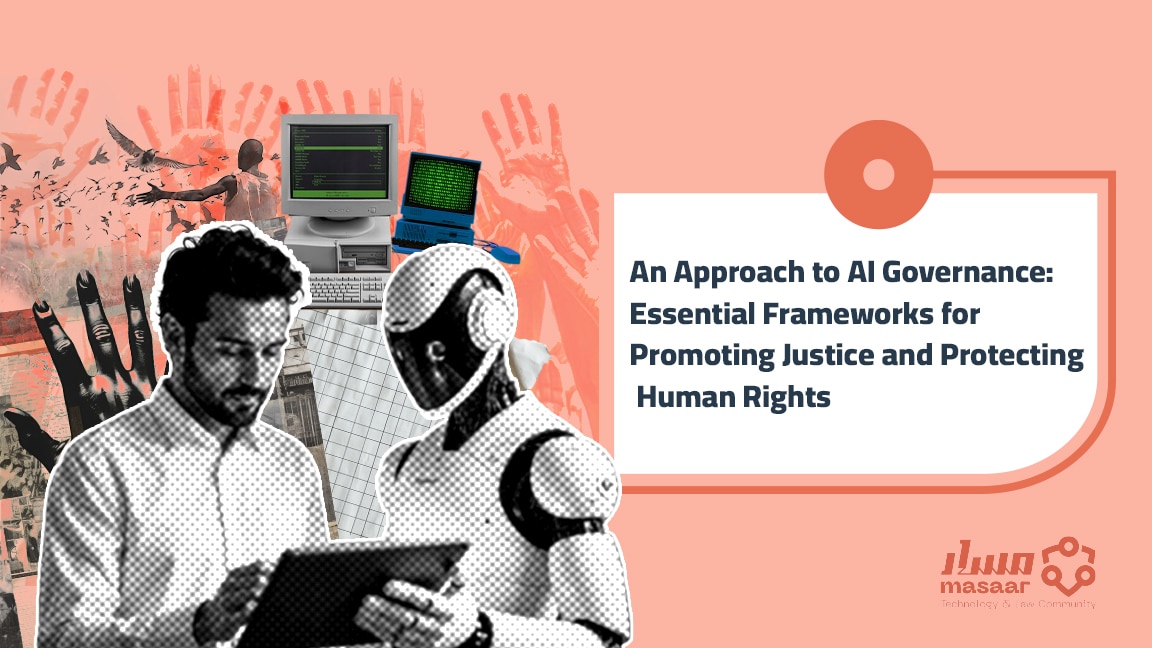Latest Publications
This paper advocates for encryption and anonymity as fundamental rights that should be recognized and protected. It first explores the nature of encryption and its technical and social importance, then examines how encryption serves as an extension of basic human rights such as privacy, freedom of expression, and freedom of association.
Read more..More Publications
Privacy Rights in the Fintech Era: Examining the Egyptian Legal Framework and its Implementation Hurdles
This paper provides an overview of Egypt’s fintech sector, examining its recent evolution, prevailing trends, and future growth prospects, alongside the obstacles and challenges impeding this growth. The paper also discusses concerns about privacy violations stemming from legislative shortcomings.
Read more..Digital Technology and Education in Egypt: Development Ambitions Confronting the Constraints of Reality
This paper examines how digital technology can help both repair and advance Egypt’s education system. It highlights the opportunities technology offers for improving education quality and the main challenges that hinder its effective use in education reform and development.
Read more..Regulating Artificial Intelligence in Egypt: Proposed Standards and Principles
Through this policy paper, “Masaar” presents proposed standards and principles for regulating artificial intelligence in Egypt. The paper explores the philosophy, objectives, and optimal approaches of the proposed legislation.
Read more..Digital Marketing and User Rights: How Do Algorithms Influence Our Decisions?
This paper discusses the impact of digital advertising and online marketing algorithms on the digital rights of internet users, with a focus on freedom of choice, consumer rights, and the right to privacy.
Read more..Echo Chambers and Recommendation Algorithms: Who Decides What We See Online?
This paper seeks to explore the phenomenon of echo chambers and their negative impact on social media users’ exercise of their digital rights. The paper defines echo chambers, explains how they form, and discusses the impact of echo chambers on the right to freedom of expression, privacy, and access to information.
Read more..The Absence of Women in Open Source Software: A Challenge to the Principles of Inclusion and Openness
This paper examines the challenges and opportunities associated with integrating women into the open-source software community. It presents the current state of women’s participation in the open-source community, explores the main barriers to their inclusion, and finally, discusses approaches to promote integration, including mentoring and training programs, inclusive policies for open-source projects, and support for community networks.
Read more..The Right to Access Information: The Impact of Intellectual Property Laws on Freedom of Information
This paper examines the shortcomings of traditional intellectual property laws in balancing creators’ rights with the right to access information, particularly in the context of technological advancements.
Read more..An Approach to AI Governance: Essential Frameworks for Promoting Justice and Protecting Human Rights
This policy paper addresses the foundational principles necessary for ethical AI governance. It delves into key areas such as non-discrimination, fairness, and inclusivity, emphasizing the importance of designing AI systems that do not perpetuate bias or exclude marginalized communities.
Read more..Social and Environmental Responsibility
The importance of social and environmental responsibility in AI systems The development and use of AI should take into account the broader social and environmental impacts, and strive to promote sustainability and social responsibility. This is because AI can create a new technological utopia that obscures the way that AI […]
Read more..Prevention of AI Misuse
The importance of preventing AI misuse Despite the beneficial uses of AI, AI systems can be misused by state organizations, criminals, or economic rivals for dishonest purposes – whether to spread false information, conduct espionage, or monitor people. Thus, it is important to examine possible vulnerabilities from the start, beginning […]
Read more..Prohibition of Lethal Autonomous Weapons
The importance of prohibiting lethal autonomous weapons Weapon systems that select and engage targets without substantial human control or oversight are unacceptable and should be prevented. AI should not be developed or used for the development of lethal autonomous weapons systems, which are weapons that can select and engage targets […]
Read more..Ethical Use of AI in Law Enforcement
The importance of ensuring the ethical use of AI in law enforcement The development and use of AI in law enforcement should be guided by ethical principles, including respect for the presumption of innocence, the right to due process, and the avoidance of discriminatory or biased outcomes. While the use […]
Read more..




